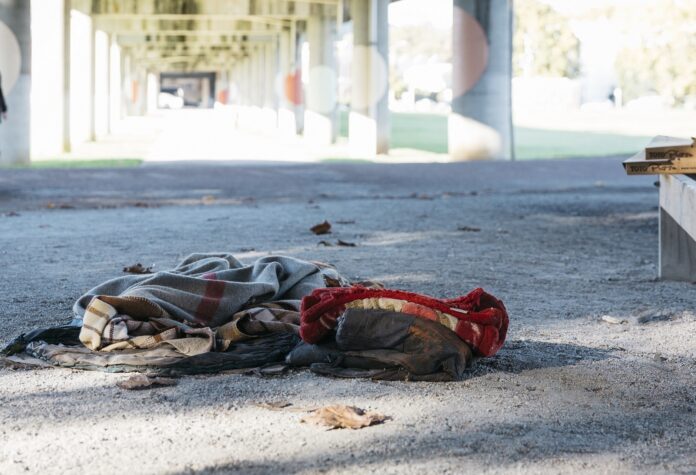Source: Auckland Council
Cr Collins gives his opinion on homelessness in Auckland.
Homelessness is one of our most pressing societal issues, affecting not only our rough sleepers or those who are vulnerably housed, but the Auckland community as a whole.
Recently homelessness has been linked to anti-social behaviour, despite there being no rigorous evidence to support this. These are two separate issues that should not automatically be lumped in together.
In New Zealand, people are considered homeless if they are without shelter, or if they are living in temporary, overcrowded, or uninhabitable housing. This includes those who are sleeping rough, living in cars, living in emergency or transitional housing, or housing that lacks facilities such as a toilet, access to safe drinking water, a shower or bath, or electricity.
Our goal at Auckland Council is to see homelessness become very rare, brief and non-recurring. Our role in achieving this is primarily to support the government and homelessness sector and to use our existing services and assets to support people experiencing homelessness.
The most recent data we have on homelessness in Auckland is based on the 2018 census, however over the last two years these numbers have varied as hundreds of people have been placed in emergency housing as part of the response to COVID-19 lockdowns.
The census showed that 498 people were without shelter, 2337 people were in temporary accommodation, 15,582 people were in severely overcrowded accommodation and 8217 dwellings were considered uninhabitable. That’s over 18,000 Aucklanders in our communities who are struggling to find somewhere basically habitable to live in. Around half of these people will either be working, studying, or both, as previous censuses have shown.
Māori, Pasifika and LGBTQ+ whānau are the most impacted, and homelessness is increasingly affecting groups who have not traditionally been at risk including low-income households, sole parent households, and particularly young people.
Despite public perception, council research undertaken in 2017 to inform the Public Safety and Nuisance Bylaw found that people engaging in anti-social behaviour are unlikely to be experiencing long-term homelessness. Instead, they are often experiencing serious addiction and/or mental health problems and face abusive and difficult home situations. This is an important distinction to make as when anti-social behaviour is conflated with homelessness it only adds to the stigmatisation faced by the homeless.
The council has been supporting the government, NGOs, businesses and the health sector to address anti-social behaviour. This includes supporting people to access treatment and support, the development and enforcement of appropriate bylaws and providing services such as City Watch, co-funded with Heart of the City, who are on-street to focus on nuisance behaviour as well as monitoring illegal dumping and public damage.
Instead of categorising and villainising our most vulnerable, we need to actively work together to ensure all our resources and support helps to facilitate breaking the cycle. This is a complex issue and I’m grateful to groups like Auckland City Mission, Life Wise, The Salvation Army, Manaaki Rangatahi ki Tāmaki Youth Homelessness Collective, and others who are at the coalface in supporting our homeless whānau.
As Aucklanders I have every confidence that we’re all committed to ensuring positive, life-affirming outcomes for all in our city. All of us working for an inclusive Tāmaki Makaurau where everybody belongs, and housing that provides people with a sense of belonging, warmth, and community.



